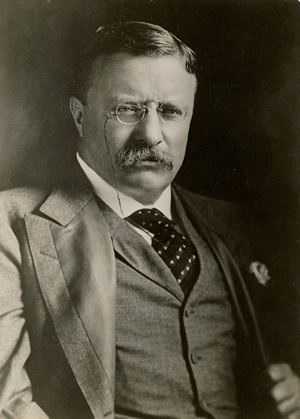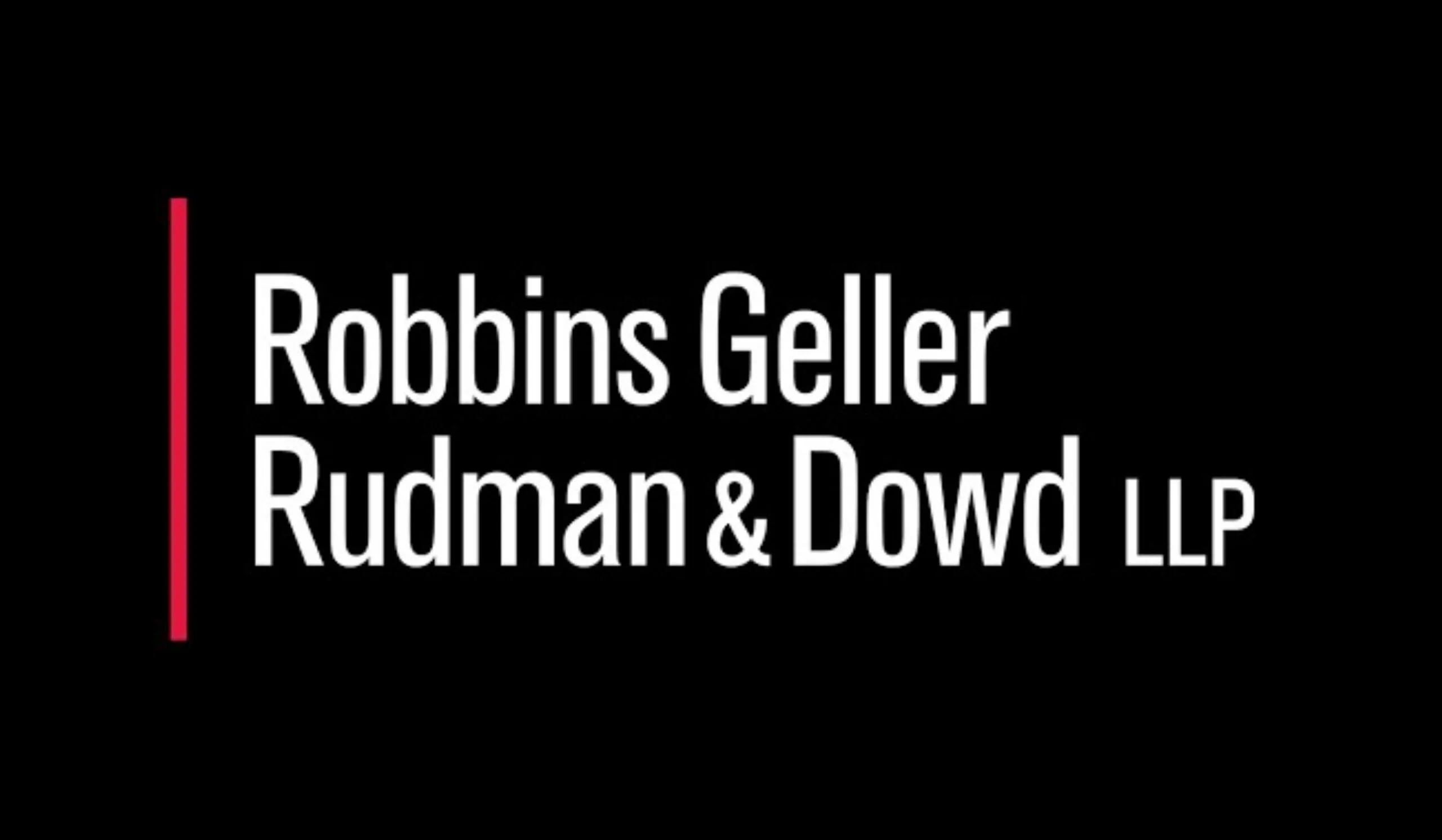
By Ron Lee
The Verbal Assassin
Who are we anymore? Do we even know?
America has changed, folks, and for as much as many would like to pretend our societies new-found political correctness has fostered a worldly humanity, nothing is further from the truth. This “correctness” has literally destroyed our own sense of belonging to, what was once, the greatest nation on the Earth. It has, literally, stripped us of the ability to unite in one AMERICAN SPIRIT.
Due in part to the lack of involvement by citizens “Big Brother” and Uncle Sam have become “Mom and Dad.” Because of this, citizens are viewed as children who need to be told what to do, eat, listen to, buy, say and be. How sad it is that many revere this philosophy of irresponsibility. They believe if the government wasn’t involved people would get hurt or killed. They believe people would eat tainted meat and drive cars that are unsafe. They believe everyone would starve in the streets, and no one would be protected from the bully on Facebook. They believe that employers would enslave their employees and, that without government, the world would catch fire and would cease to exist. They also believe that they would no longer feel special, because if it wasn’t for government, other people could call them plain Americans, not using the hyphenated term of their own desire to set them apart from the rest. And, they readily believe that they ARE special and that they should have rights above everyone else.
So, just what does it mean to be an American citizen anymore? Are we so far removed from having to do that we are simply complacent to just be whatever we’re told to be? When did the spirit that was the American Way die? When was the American Dream attained so the rest would be a nightmare of authoritarian rule? When did we give up on ourselves?
It used to be a citizen’s duty to protect the Republic and his/her neighbor. Well, we got so caught-up with competing with our neighbors on a material level that kindness and fellowship fell from our way of life and we have, literally, become islands unto ourselves – afraid of everyone and thing around us.
The sad fact is most people need the government to be their parents, to protect them – from themselves, even!
People are so far removed from their citizen’s duty of old that they have even lost the knowledge of the Republic, instead replacing it with a democracy which has been designed to give everyone the feeling of having a voice.
It’s a fake feeling, let me tell you!
It is time to do our citizen’s duty! Just what is that you wonder?
Well, according to conventional modern interpretations, in order to be a good American you must (as Chris Seabury, an eHow Contributor, lists):
Follow All Regulations
1. In America, it is a citizen’s duty to obey the laws enacted by the government, interpreted by the courts, and enforced by the police.
Jury Duty
2. Citizens are often called for jury duty, which they are required to perform. In the United States, all suspects have a right to due process and a trial by jury. Part of ensuring that the criminal justice system works properly is having citizens serve on juries in trials.
Witness
3. If you are witness to a crime, you could be summonsed as a witness. It is your duty as a citizen to inform the authorities of everything that you saw. You could also be called if you did not witness the crime but have information relevant to the case.
Taxes
4. It is all American citizens’ constitutional duty to pay taxes. Taxes are necessary to ensure that various services can be provided, such as national defense, infrastructure, public works, government operations and more.
Selective Service System
5. When American male citizens become 18 years old, they must register with the Selective Service System. Should the government employ a military draft, this is how the government would choose those who would be drafted.
Poppycock! Yeah, I just used that word. That list outlines a good little boy or girl who does what they are told! It has nothing to do with being an American, and honoring that which sets us apart.

I believe that to do our citizen’s duty we have to become champions of the Constitution. Know it. Show it. Fight to your last breath to protect it. It ISthe Republic – at least the foundation that it was created upon. Get to know your neighbors and offer them a hand with something they need. Go to your city council and county commisioner meetings and be involved!
Perhaps the most applicable outline for a modern citizen’s duty comes from January 26, 1883, when Theodore Roosevelt wrote “The Duties of American Citizenship.” It, in part, states: “
 President Theodore Roosevelt |
… It ought to be axiomatic in this country that every man must devote a reasonable share of his time to doing his duty in the Political life of the community. No man has a right to shirk his political duties under whatever plea of pleasure or business; and while such shirking may be pardoned in those of small means it is entirely unpardonable in those among whom it is most common — in the people whose circumstances give them freedom in the struggle for life. In so far as the community grows to think rightly, it will likewise grow to regard the young man of means who shirks his duty to the State in time of peace as being only one degree worse than the man who thus shirks it in time of war. A great many of our men in business, or of our young men who are bent on enjoying life (as they have a perfect right to do if only they do not sacrifice other things to enjoyment), rather plume themselves upon being good citizens if they even vote; yet voting is the very least of their duties, Nothing worth gaining is ever gained without effort. You can no more have freedom without striving and suffering for it than you can win success as a banker or a lawyer without labor and effort, without self-denial in youth and the display of a ready and alert intelligence in middle age. The people who say that they have not time to attend to politics are simply saying that they are unfit to live in a free community. Their place is under a despotism; or if they are content to do nothing but vote, you can take despotism tempered by an occasional plebiscite, like that of the second Napoleon. In one of Lowell’s magnificent stanzas about the Civil War he speaks of the fact which his countrymen were then learning, that freedom is not a gift that tarries long in the hands of cowards: nor yet does it tarry long in the hands of the sluggard and the idler, in the hands of the man so much absorbed in the pursuit of pleasure or in the pursuit of gain, or so much wrapped up in his own easy home life as to be unable to take his part in the rough struggle with his fellow men for political supremacy. If freedom is worth having, if the right of self-government is a valuable right, then the one and the other must be retained exactly as our forefathers acquired them, by labor, and especially by labor in organization, that is in combination with our fellows who have the same interests and the same principles. We should not accept the excuse of the business man who attributed his failure to the fact that his social duties were so pleasant and engrossing that he had no time left for work in his office; nor would we pay much heed to his further statement that he did not like business anyhow because he thought the morals of the business community by no means what they should be, and saw that the great successes were most often won by men of the Jay Gould stamp. It is just the same way with politics. It makes one feel half angry and half amused, and wholly contemptuous, to find men of high business or social standing in the community saying that they really have not got time to go to ward meetings, to organize political clubs, and to take a personal share in all the important details of practical politics; men who further urge against their going the fact that they think the condition of political morality low, and are afraid that they may be required to do what is not right if they go into politics.
“The first duty of an American citizen, then, is that he shall work in politics; his second duty is that he shall do that work in a practical manner; and his third is that it shall be done in accord with the highest principles of honor and justice.
… “Finally, the man who wishes to do his duty as a citizen in our country must be imbued through and through with the spirit of Americanism. I am not saying this as a matter of spread-eagle rhetoric: I am saying it quite soberly as a piece of matter-of-fact, common-sense advice, derived from my own experience of others. Of course, the question of Americanism has several sides. If a man is an educated man, he must show his Americanism by not getting misled into following out and trying to apply all the theories of the political thinkers of other countries, such as Germany and France, to our own entirely different conditions. He must not get a fad, for instance, about responsible government; and above all things he must not, merely because he is intelligent, or a college professor well read in political literature, try to discuss our institutions when he has had no practical knowledge of how they are worked. Again, if he is a wealthy man, a man of means and standing, he must really feel, not merely affect to feel, that no social differences obtain save such as a man can in some way himself make by his own actions. People sometimes ask me if there is not a prejudice against a man of wealth and education in ward politics. I do not think that there is, unless the man in turn shows that he regards the facts of his having wealth and education as giving him a claim to superiority aside from the merit he is able to prove himself to have in actual service. Of course, if he feels that he ought to have a little better treatment than a carpenter, a plumber, or a butcher, who happens to stand beside him, he is going to be thrown out of the race very quickly, and probably quite roughly; and if he starts in to patronize and elaborately condescend to these men he will find that they resent this attitude even more. Do not let him think about the matter at all. Let him go into the political contest with no more thought of such matters than a college boy gives to the social standing of the members of his own and rival teams in a hotly contested football match. As soon as he begins to take an interest in politics (and he will speedily not only get interested for the sake of politics, but also take a good healthy interest in playing the game itself — an interest which is perfectly normal and praise-worthy, and to which only a prig would object), he will begin to work up the organization in the way that will be most effective, and he won’t care a rap about who is put to work with him, save in so far as he is a good fellow and an efficient worker. There was one time that a number of men who think as we do here tonight (one of the number being myself) got hold of one of the assembly districts of New York, and ran it in really an ideal way, better than any other assembly district has ever been run before or since by either party. We did it by hard work and good organization; by working practically, and yet by being honest and square in motive and method: especially did we do it by all turning in as straight-out Americans without any regard to distinctions of race origin. Among the many men who did a great deal in organizing our victories was the son of a Presbyterian clergyman, the nephew of a Hebrew rabbi, and two well-known Catholic gentlemen. We also had a Columbia College professor (the stroke-oar of a university crew), a noted retail butcher, and the editor of a local German paper, various brokers, bankers, lawyers, bricklayers and a stonemason who was particularly useful to us, although on questions of theoretic rather than applied politics he had a decidedly socialistic turn of mind.
“Again, questions of race origin, like questions of creed, must not be considered: we wish to do good work, and we are all Americans, pure and simple. In the New York legislature, when it fell to my lot to choose a committee — which I always esteemed my most important duty at Albany — no less than three out of the four men I chose were of Irish birth or parentage; and three abler and more fearless and disinterested men never sat in a legislative body; while among my especial political and personal friends in that body was a gentleman from the southern tier of counties, who was, I incidentally found out, a German by birth, but who was just as straight United States as if his ancestors had come over here in the Mayflower or in Henry Hudson’s yacht. Of course, none of these men of Irish or German birth would have been worth their salt had they continued to act after coming here as Irishmen or Germans, or as anything but plain straight-out Americans. We have not any room here for a divided allegiance. A man has got to be an American and nothing else; and he has no business to be mixing us up with questions of foreign politics, British or Irish, German or French, and no business to try to perpetuate their language and customs in the land of complete religious toleration and equality. If, however, he does become honestly and in good faith an American, then he is entitled to stand precisely as all other Americans stand, and it is the height of un-Americanism to discriminate against him in any way because of creed or birthplace. No spirit can be more thoroughly alien to American institutions, than the spirit of the Know-Nothings.
“In facing the future and in striving, each according to the measure of his individual capacity, to work out the salvation of our land, we should be neither timid pessimists nor foolish optimists. We should recognize the dangers that exist and that threaten us: we should neither overestimate them nor shrink from them, but steadily fronting them should set to work to overcome and beat them down. Grave perils are yet to be encountered in the stormy course of the Republic — perils from political corruption, perils from individual laziness, indolence and timidity, perils springing from the greed of the unscrupulous rich, and from the anarchic violence of the thriftless and turbulent poor. There is every reason why we should recognize them, but there is no reason why we should fear them or doubt our capacity to overcome them, if only each will, according to the measure of his ability, do his full duty, and endeavor so to live as to deserve the high praise of being called a good American citizen.”
For me, this is the citizen I want to be. How about you?













